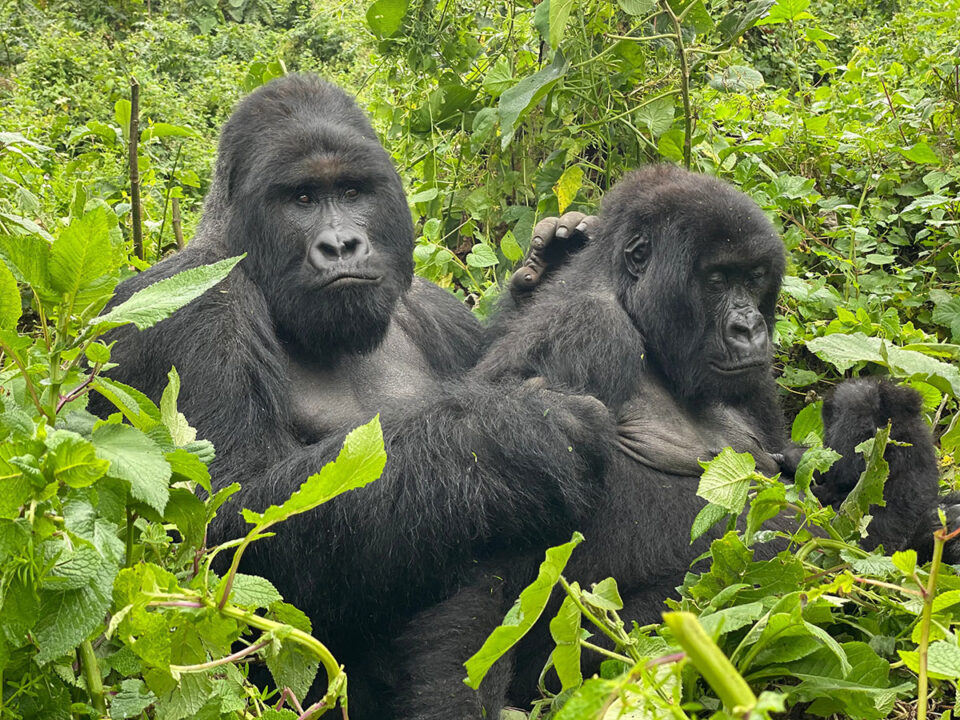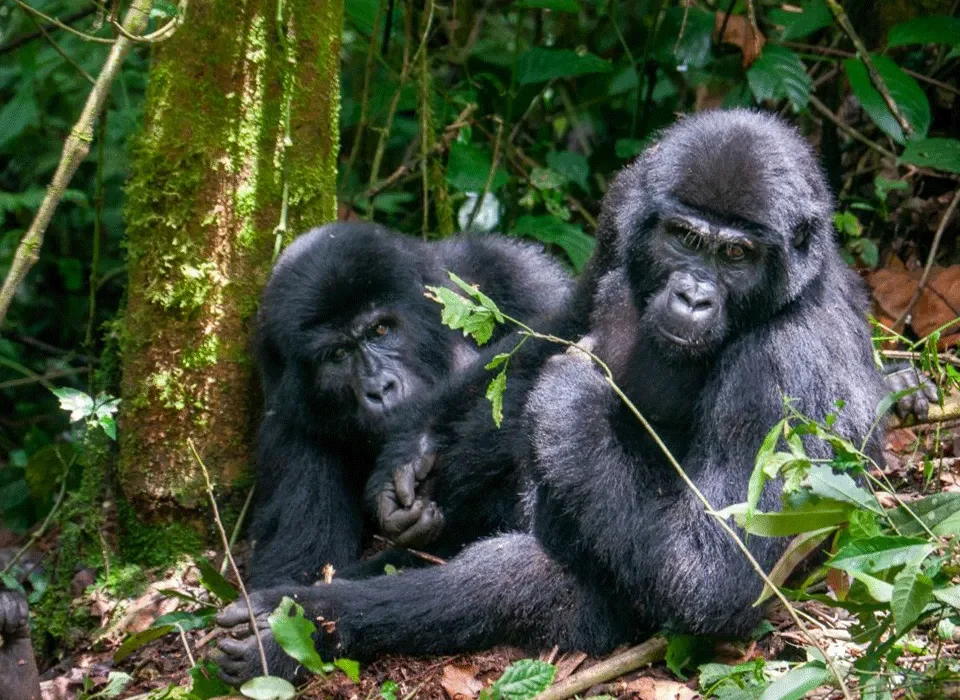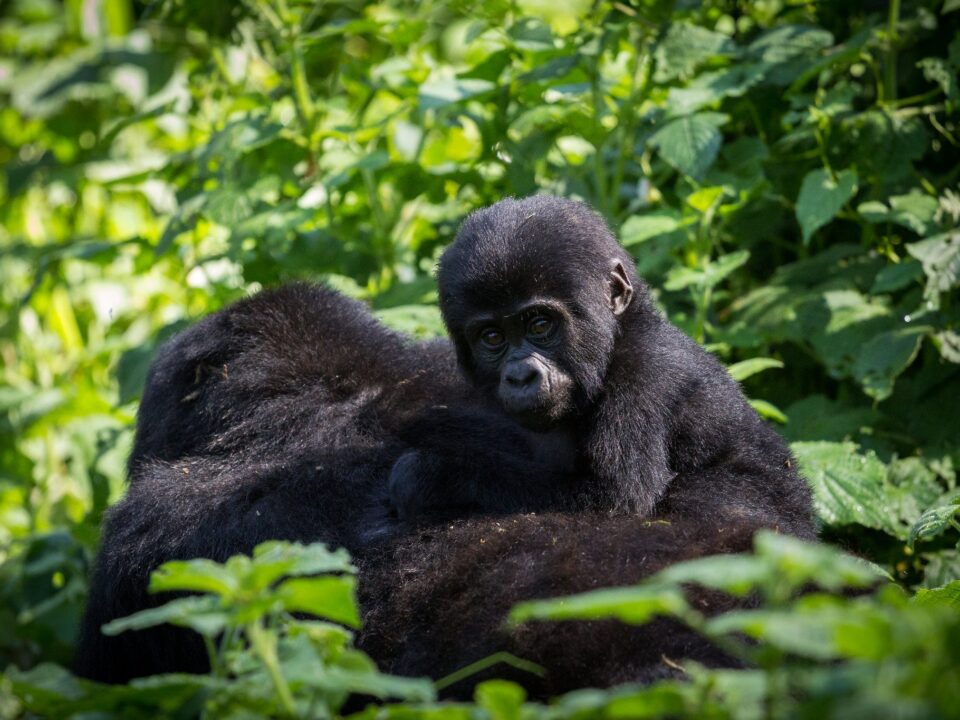Visit Akagera National Park Rwanda

Rwanda Gorilla and Wildlife Safari Holiday
September 13, 2023
Birding Trips and Safaris in Rwanda
September 13, 2023Experience the Wonders of Akagera National Park, Rwanda – Game Viewing and Boat Safari Await!
Akagera National Park, a gem of Rwanda’s natural heritage, beckons you to explore its captivating landscapes, abundant wildlife, and thrilling activities. Situated in the northeastern part of Rwanda, just 110 kilometers from Kigali, this park boasts a diverse ecosystem, featuring savannah plains, woodlands, wetlands, and a network of stunning lakes. Partnering with African Parks, we are committed to transforming Akagera into a world-class safari destination, ensuring that the Big Five roam these lands in ever-increasing numbers. Since 2010, our dedicated efforts have significantly curtailed poaching through initiatives like helicopter patrols, a canine unit, and rhino trackers. As a result, visitors can now revel in the presence of buffalo, elephant, antelope, zebra, giraffe, baboons, monkeys, and an astounding 490 bird species, to name just a few.
One of the highlights of your visit to Akagera is a boat trip on Lake Ihema. This experience brings you face to face with large pods of hippos, Nile crocodiles, and a multitude of water birds residing on the lake’s island.
To fully explore the park, you’ll need a vehicle, whether on a guided tour or a self-drive adventure. The National Park also offers vehicle rental services, with opportunities for individual spaces on night drives. For the best experience, we recommend hiring a guide, which can be arranged through the park.
Staying within the park is an option, with various lodges available, a bush camp in the north during select periods, or camping in designated sites.
Akagera National Park – A Sanctuary for Africa’s Iconic Wildlife
Akagera National Park offers the quintessential African savannah experience, where encounters with the Big Five are within reach. While buffaloes and elephants are prevalent, leopards are increasingly spotted during night drives. Additionally, lion and black rhino, reintroduced in 2015 and 2017, respectively, are quickly growing in visibility. The park’s wildlife tapestry also includes Masai giraffe, Burchell’s zebra, warthogs, olive baboons, Vervet monkeys, hippos, impalas, Defassa waterbucks, bushbucks, common duikers, eland, Topi, Bohor reedbucks, oribis, roan antelope, klipspringer, and the elusive semi-aquatic Sitatunga. Night drives offer the best chance to observe nocturnal wildlife, from lions to leopards, making these excursions highly sought-after. Spotted hyenas, genets, civets, white-tailed mongooses, bushbabies, elephant-shrews, various species of owl, and nightjars are commonly sighted on night drives.
Activities and Attractions in Akagera National Park
Akagera presents a diverse array of tourism activities, some of which may require minimum participant numbers. To learn more about these activities, please contact us via email, speak to park staff upon your arrival, or consult your preferred lodge.
Boat Trips:
For a unique twist on the typical safari experience, consider a boat trip on Lake Ihema. Drift along the forest-fringed lake, surrounded by hippos, crocodiles, and a myriad of water birds. Serious birdwatchers will find this boat trip a must. Scheduled outings occur four times daily at 7:30 AM, 9 AM, 3 PM, and 4:30 PM. Private trips can also be arranged.
Fishing:
Lake Shakani provides the ideal setting for sport fishing. Spend a leisurely day fishing from the lakeshore, and cook your catch over an open fire at your campsite. Please bring your own fishing equipment.
Behind the Scenes:
Gain deeper insights into Akagera by embarking on a ‘behind-the-scenes’ tour of the park headquarters. Here, you’ll meet key personnel integral to park management while learning about exciting conservation initiatives.
Night Drives:
Guided night drives, commencing at sunset, offer an enchanting way to conclude your day in the park. These drives provide the best opportunities to spot nocturnal wildlife, including the highly coveted lions and leopards. The park’s safari vehicle can accommodate up to seven guests.
Walk the Line:
Experience a morning in the shoes of one of Akagera’s fence attendants, who diligently patrol a portion of the park’s 120-kilometer perimeter fence daily to ensure its integrity. These guided walks run alongside the park’s exterior and start at the park entrance. They cover seven kilometers and take visitors into the hills. Upon reaching the end, you’ll find yourself atop a ridge, commanding spectacular views in every direction. Freelance community guides lead these walks, which typically last about two hours.
Community Cultural Experiences:
Collaborating with local communities and Akagera staff, our Community Freelance Guides have developed several cultural experiences to share with guests. Learn about milking cows and traditions related to cattle and milk on a farm in the Eastern Province, or spend time with artisans who craft banana beer and honey, providing insights into local product manufacturing. All revenues generated from these visits are shared with the communities you visit.
The Best Time to Visit Akagera National Park
Akagera enjoys relatively stable temperatures throughout the year. However, the long dry season from June to September brings warmer weather, while cooler conditions follow the rains in October and November, as well as March to May. Generally, temperatures fluctuate between 20 and 30 degrees Celsius.
How to Get to Akagera National Park
Akagera National Park is easily accessible by road from Kigali, the capital city of Rwanda. The most straightforward route from Kigali to Akagera is via Rwamagana-Kayonza. From there, continue towards Kabarondo town, and then take a left turn after the petrol station in Rwinkwavu. Look for the signpost indicating Akagera National Park, which is just 13 kilometers away from the park gate. It is advisable to use a 4×4 safari vehicle for the journey.
Where to Stay in Akagera National Park
Akagera Game Lodge:
Akagera Game Lodge, the only accommodation within Akagera National Park, has undergone significant improvements in recent years. Today, it stands as one of the premier lodges, offering a comfortable stay near Lake Ihema.
Ruzizi Tented Lodge:
Ruzizi Tented Lodge, established in 2013, has been providing accommodation services to tourists visiting the park. This eco-friendly tented camp, comprising 20 beds, is connected by boardwalks and represents the first of its kind in Rwanda.




